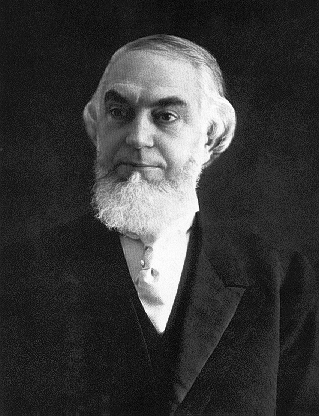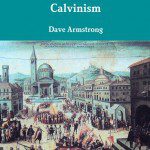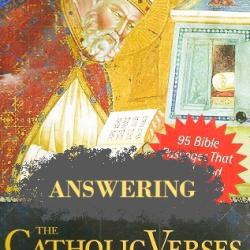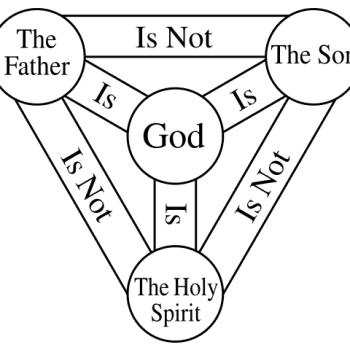(11-8-12)
***
This came about as a result of a person reading the dedication (posted online) from my book, Theology of God: Biblical, Chalcedonian Trinitarianism and Christology. Here it is:
To the evangelical Protestant “cult watchers” and “cult researchers” (especially the late Dr. Walter Martin): among whom I first began utilizing the Bible in order to refute non-trinitarian heresies such as Jehovah’s Witnesses, Mormonism, Unitarianism, Christian Science, and the United Pentecostal Church, way back in 1981. May your “tribe” increase and flourish.
Someone then came into the combox for the book info-page with a gripe about how I used the word “cult.” He appears to be a Catholic, but markedly anti-Protestant (leading me to highly suspect that he may be a radical Catholic reactionary or quasi-schismatic Catholic, who, among other things, rejects Vatican II). But I can learn nothing else about him (as so often in these foolish disputes). The dispute follows, with his words in blue:
Since the word cult comes from the Latin cultus “divine service”, shouldn’t a different word be used [of] groups with divergent Christology? Like heresy, for instance? Every group is a cult in its own mind in the sense that it thinks it worships God properly, offers the correct divine service. The weirdo usage of the word cult in English to mean a group with non-standard Christology is really silly.
This is the word that the evangelicals use themselves. Since I was referring to them in the dedication, I used it. I put it in quotes and indicated that it was defined as we would define “heresy.”
But its not an entirely foreign usage, let alone “really silly.” E.g., Modern Catholic Dictionary by Fr. John A. Hardon, S. J., gives as a secondary definition:
a particular religious group centered around some unusual belief, generally transient in duration and featuring some exotic or imported ritual and other practices.
Outside usage by the uneducated and illiterate Protestant rednecks, the only two usages of the word cult that come readily to mind are scholars calling the priests “the temple cult” and referring to “the cult of Mary.” In neither case is the word intended as a pejorative, although redneck Prots probably read it that way. Its a back idea to let illiterate Prots design your definitions. After all, if you did that, the word sovereignty would mean micromanagement which it, of course, does not.
Sheer nonsense. Fr. Hardon was a Catholic scholar, and he contradicts you. There is a legitimate sociological use for the term in this fashion. Nor is your uncharitable characterization accurate. These are some of the most honorable and dedicated Protestants: fighting heresy and defending the Holy Trinity.
No one has “designed” my definitions, as explained. My preferred term is “heresy.”
Blessed Pope John Paul II used the word “cult” in this secondary sense in his apostolic exhortation, Ecclesia in America (22 January 1999):
Although the Second Vatican Council refers to all those who are baptized and believe in Christ as “brothers and sisters in the Lord”, (188) it is necessary to distinguish clearly between Christian communities, with which ecumenical relations can be established, and sects, cults and other pseudo-religious movements.
Likewise, the Congregation for the Clergy: General Directory for Catechesis (approved by Blessed Pope John Paul II, 11 August 1997):
201. In a climate of cultural and religious relativism, and sometime because of the inappropriate conduct of Christians, a proliferation of “new religious movements” has occurred. These are sometimes called sects or cults but, because of the abundance of names and tendencies, are difficult to categorize in a comprehensive and precise framework. From available data, movements of Christian origin can be identified, while others derive from oriental religions, and others again appear to be connected with esoteric traditions. Their doctrines and their practices are of concern because they are alien to the content of the Christian faith.
What word does the Latin text use in those places?
I imagine, cultus. But that’s irrelevant, as words can have many meanings. Check out any dictionary to confirm that. Merriam-Webster Online, for example, gives five different uses for cult. Its third is the one we are debating: “a religion regarded as unorthodox or spurious; also: its body of adherents.”
The way cult was used in both citations I gave made it clear what was being discussed: “pseudo-religious” sects with non-Christian or anti-Christian elements or origins; “alien” to Christianity.

















